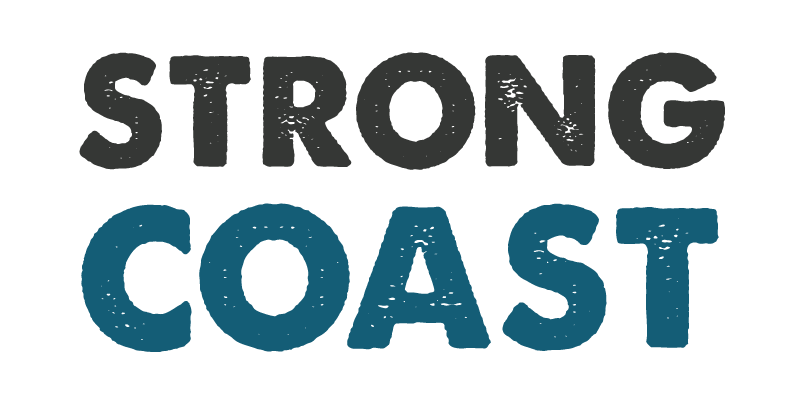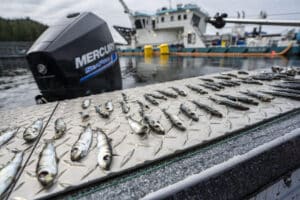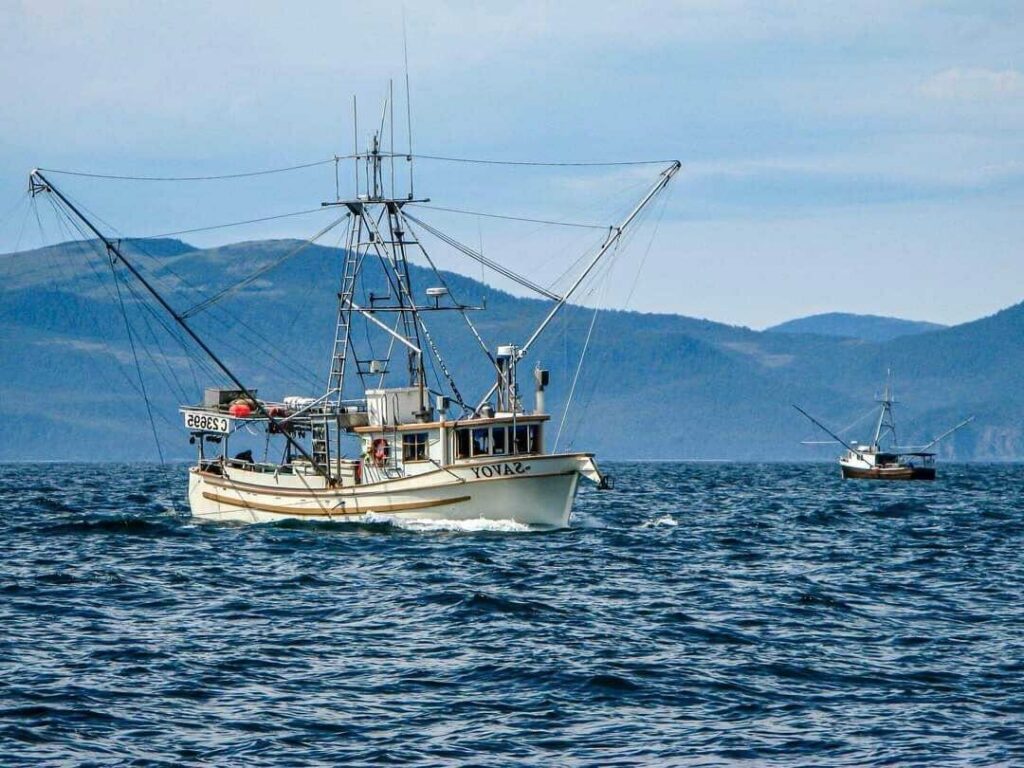
Could British Columbia’s fishing industry see much-needed reform of the licencing and quota system?
There are hints in BC’s Coastal Marine Strategy, announced last week, that the province wants the federal government to transition the individual transferable quota (ITQ) system to an owner-operator system.
Under an owner-operator system, fishing licences cannot be owned by individuals who do not themselves fish. The licencing system is under federal jurisdiction.
The individual transferable quota system in BC has been criticized by independent and small fishers for giving large corporations and foreign investors excessive control over BC’s fishing industry.
A 2016 report by the Tyee showed that the fishing conglomerate Canfisco owns approximately 80% of the supply of salmon and herring in BC waters. Under the ITQ system, companies like Canfisco buy up all the available licences and quotas, lease a certain portion of those licences and quotas to processing plants, which then lease the licences and quotas again to fisheries.
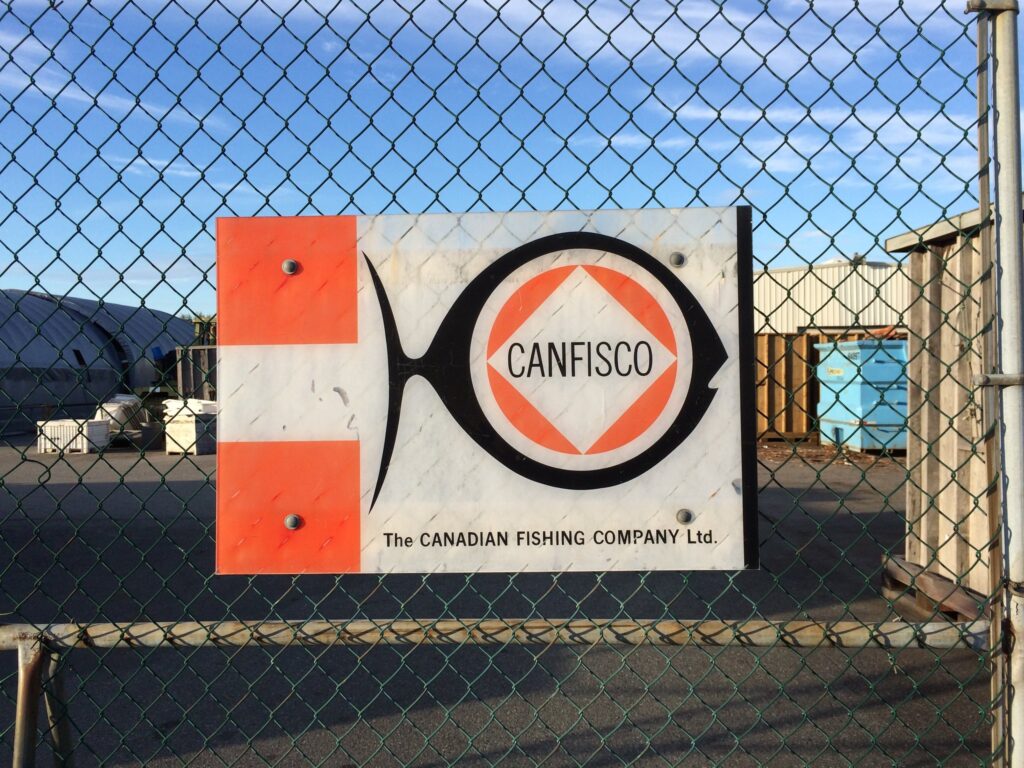
Individual harvesters, First Nations and generational fishing families have long urged the government to move toward an owner-operator system, saying that the ITQ system and corporate dominance of BC’s fishing industry has made it difficult for them to make a sustainable living.
“I’ve watched the industry kind of disappear from this area. A lot of the marine resources that are commercially harvested and go to market are still harvested around Haida Gwaii but [there’s] very little commercial fishery participation from our communities here.”
Trevor Russ, director of policy and programs for Coastal First Nations
Under the owner-operator system in Atlantic Canada, fishers benefit from lower costs.
BC’s new Coastal Marine Strategy pointed out the different approach by the federal fisheries department to fisheries in Canada’s Atlantic and Pacific. “In Atlantic Canada, policies and laws ensure that a majority of licences are held by independent owner-operated fleets who meet regional residency requirements. This model tends to lead to economic and social benefits being retained more directly by local harvesters and coastal communities,” said the BC government report.
“In contrast, fisheries in the Pacific region don’t have ownership restrictions and, consequently, there is a higher degree of corporate and foreign ownership of fishing licences and seafood processing plants. The higher costs of licences and quotas on the West Coast (relative to the East Coast) may be excluding ownership by local harvesters and First Nations,” the provincial strategy added.
“The province is ultimately responsible for labour and recognize that if policies don’t change they may have to deal with the fallout from a skilled labour shortage very soon.”
James Lawson, president of the United Fisherman & Allied Workers Union.
Corporate control of BC’s fishing industry has resulted in drastic economic impacts to BC’s coastal community. In 2015, Canfisco closed its salmon canning operations in Prince Rupert and decided to outsource the canning of BC salmon, impacting hundreds of jobs.
Critics of the ITQ system have also pointed out that it encourages large corporations to fish as much as possible to maximize profits, without regard for the preservation of BC’s fish stocks.
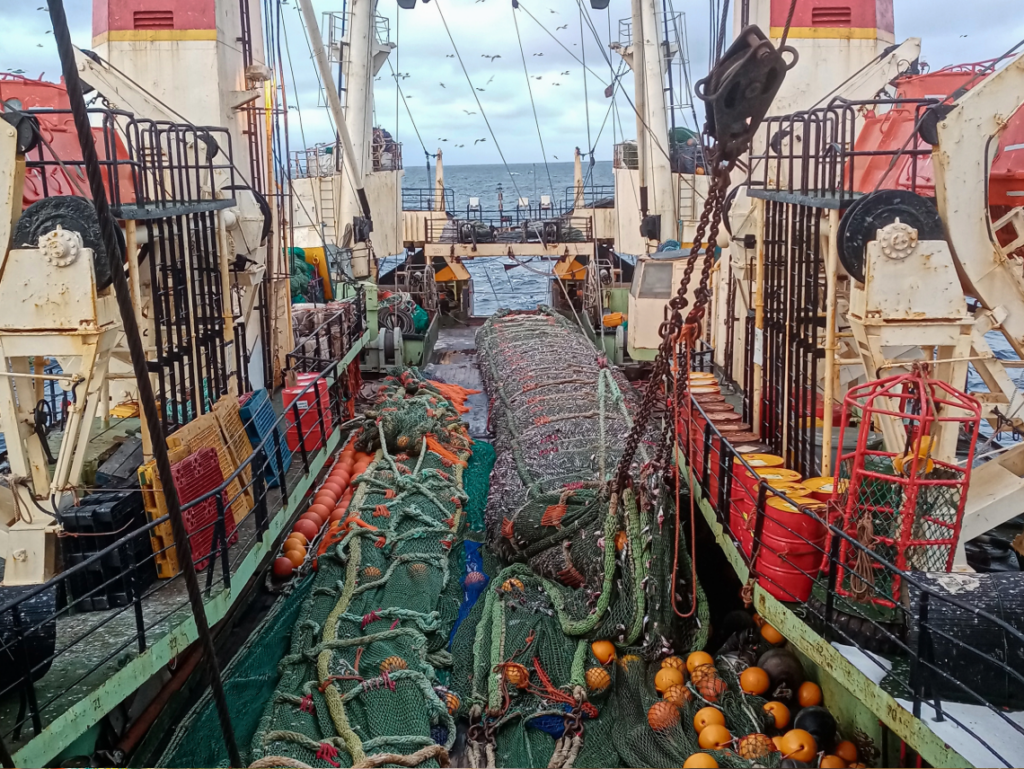
Supporters of an owner-operator system, like Sonia Strobel, co-founder and CEO of the Vancouver-based community fishery Skipper Otto, has compared BC’s licencing and quota crisis to the housing crisis.
“Real estate is a really good parallel because we’ve been well aware for many years that when we don’t have things in place… what happens is purchasing homes [or] condos for investment drives up the price of properties,” she says. “And then that really pushes local people out of the market [and] makes it next to impossible for young people to buy their first home.”
“I know people that have leased quota from a company… and by the time they’ve fixed their boat and got ready to go, the price of the fish had dropped to the point that they had to go and fish at a loss.”
Shaun Strobel, lead fisher at Skipper Otto
One such fisher, Emily Orr, had been fishing for 12 years under her father’s licence. When he eventually retired, Emily had to take on the $700,000 cost for both the vessel and fishing licence, which she ultimately could not afford.
In May, BC Premier David Eby wrote to the Prime Minister recommending this policy change. Ultimately, it will be up to the federal government whether BC’s fishing industry can make this transition. There is no word yet on when the federal government will respond.
To learn more about this story, read the BC government News Release and check out this article.
